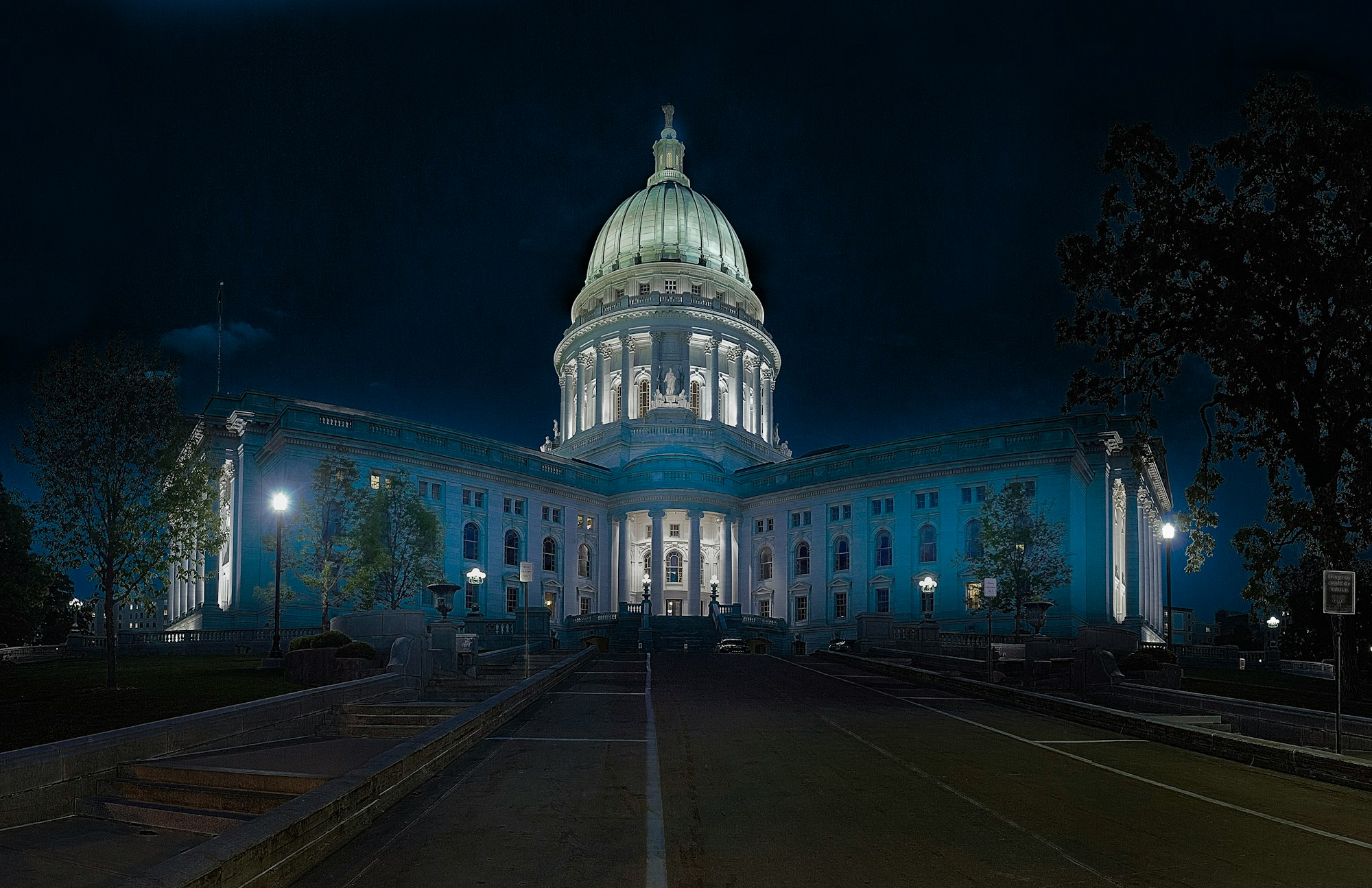On Nov. 15, Republican congresswoman Nancy Mace (R-SC) filed a bill titled the States Reform Act, laying the groundwork for federal cannabis legalization. The proposal for legalization from Republican lawmakers may have significant implications for the future of a federally-regulated cannabis industry.
While Mac sponsored the bill, the States Reform Act was cosponsored by numerous other Republican congressmen, including Don Young (R-AK), Pete Meijer (R-MI), Tom McClintock (R-CA) and Brian Mast (R-FL).
Up until now, the vast majority of proposed legislation to legalize cannabis federally was written by congressional Democrats or nonpartisan groups.
The new act includes significant changes to how the federal government approaches cannabis at both a national and state-wide level, namely in the official classification of cannabis as a drug and the release of those imprisoned for cannabis-related crimes.
Drafting the Laws of Legalization and Decriminalization
The act’s official text reads, “in the case of a defendant who, before the date of enactment of this Act, was convicted or sentenced for any Federal offense involving marijuana[…]but is also serving a sentence for any crime not covered by this act, the sentencing court may[…]impose a reduced sentence.”
This clause also applies to people currently charged but not convicted, with the act instructing the attorney for the Government to dismiss relevant charges within two weeks of the act’s passage.
According to the official act, cannabis’ federal regulation would change to match alcohol regulation while the Food and Drug Administration (FDA) would regulate cannabis on a smaller scale, primarily through medical cannabis. The FDA would have the power to block or approve cannabis-based pharmaceuticals, though the reach of the FDA’s authority would be limited to the medical field. The use of marijuana outside of drug products is not within the FDA’s scope.
Under the act, a legal age limit of 21 across all states would be instituted for recreational cannabis usage.
Additionally, federal cannabis tax revenue would be applied to several programs, including the Omnibus Crime Control and Safe Streets Act, the Community Oriented Policing Services Hiring Program and the Small Business Administration.
In a statement from Rep. Mace, the congresswoman said, “This bill supports veterans, law enforcement, farmers, businesses, those with serious illnesses, and it is good for criminal justice reform…The States Reform Act takes special care to keep Americans and their children safe while ending federal interference with state cannabis laws.”
New Era of Federal Bipartisan Cannabis Support
The introduction of a Republican-backed bill reflects a consistent pattern of rising rates of support for cannabis legalization among all political demographics.
According to a study conducted by the Department of Communication at Clemson University in 2019, both liberals and conservatives have increasingly shown positive attitudes towards cannabis and cannabis usage as time goes.
The study separated the sample size into four distinct categories: Strong Democrat, Not Strong Democrat, Not Strong Republican and Strong Republican.
The study shows that, in 1986, percentage support for cannabis legalization based on party affiliation was low across the board as the category with the highest percentage support, Not Strong Democrat, capped out at 20% and Strong Republican support was as low as 12%.
In the 30 years afterward, the percentage support dramatically increased. In 2016, Strong Democrats showed the highest percentage support, with just over 70% holding positive attitudes about cannabis legalization. Percentage support from Strong Republicans nearly doubled as it reached 35% in 2016.
Percentage support from those who identified as Not Strong Republicans also increased, reaching 50% in 2016.
A Gallup poll from 2020 solidifies this claim as well, it found that “Americans are more likely now than at any point in the past five decades to support the legalization of marijuana in the U.S.” The poll showed that 68% of adults in the United States backed some form of marijuana legalization, the highest percentage in Gallup history.
As Republican voters increasingly show support for decriminalizing or legalizing cannabis and other related products, the body of GOP elected officials and lawmakers is finally starting to reflect the position of its electorate.
New Approach, New Bill, New Cannabis Culture
The States Reform Act symbolizes a political bridging-of-the-gap between Democrats and Republicans according to Executive Director of the Law Enforcement Action Partnership, Lt. Diana Goldstein, who told Marijuana Moment that the States Reform Act “is a signal that our policymakers are taking a new, bipartisan, approach when it comes to setting drug policy for the country by following the science,”
Up until the Mace act, major proposals to legalize cannabis have been partisan on the side of Democratic leaders, seeing blockages and obstacles from GOP officials voting against legalization. Republican support is necessary if cannabis is ever to be legalized on a national level.
Both Republican and Democrat support can be seen behind the States Reform Act, as Rep. Mace said:
“We’re hearing great feedback from both chambers from both sides of the aisle on this piece of legislation because it is a go-between, a turnkey piece of legislation that is a compromise between what has been filed previously on both sides of the aisle…This legislation, I believe, has something good for everyone whether you are a Democrat or a Republican.”


